This content aligns with Goal 3: Good Health by providing a better understanding of the fundamental biology of the hepatitis viruses and their pathogenesis that may provide new clues to improve the prevention and treatments for these human pathogens.
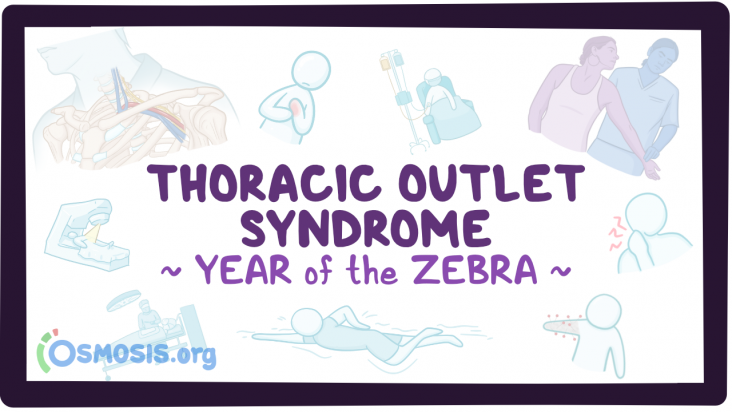
This article relates to SDG 3. This resource, created together by Osmosis and the National Organization for Rare Diseases (NORD), aims to increase the knowledge and awareness about Rare Disease Education: Thoracic Outlet Syndrome
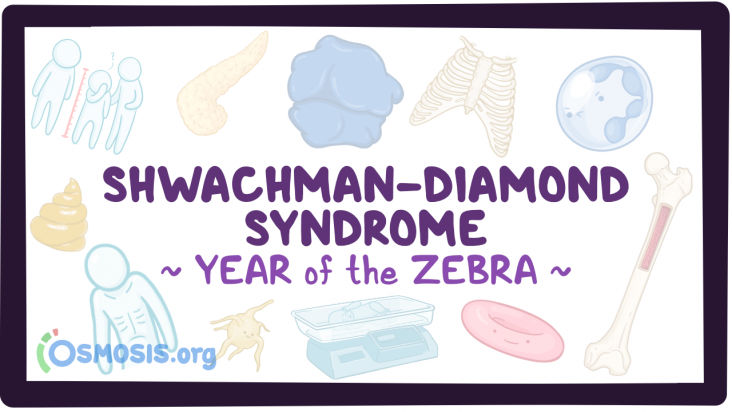
This article relates to SDG 3. This resource, created together by Osmosis and the National Organization for Rare Diseases (NORD), aims to increase the knowledge and awareness about Rare Disease Education: Shwachman-Diamond Syndrome

This article relates to SDG 3. This resource, created together by Osmosis and the National Organization for Rare Diseases (NORD), aims to increase the knowledge and awareness about Rare Disease Education: Autoimmune Polyglandular Syndrome Type I
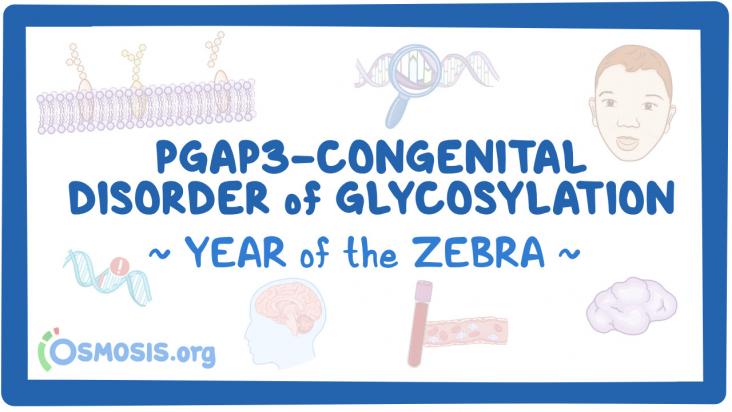
Rare Disease Education: PGAP3-Congenital Disorder of Glycosylation
Editor: Kelsey LaFayette, DNP, RN, FNP-C
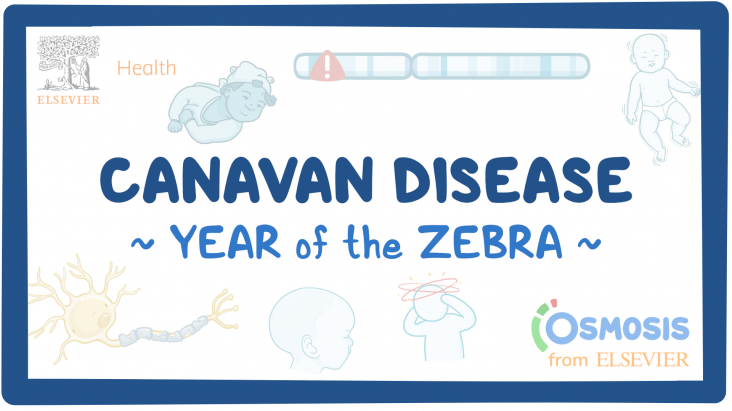
This article relates to SDG 3. This resource, created together by Osmosis and the National Organization for Rare Diseases (NORD), aims to increase the knowledge and awareness about Rare Disease Education: Canavan Disease
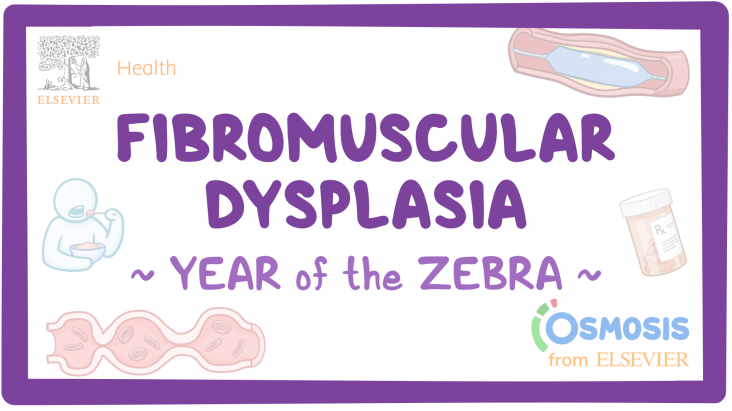
This article relates to SDG 3. This resource, created together by Osmosis and the National Organization for Rare Diseases (NORD), aims to increase the knowledge and awareness about Rare Disease Education: Fibromuscular Dysplasia
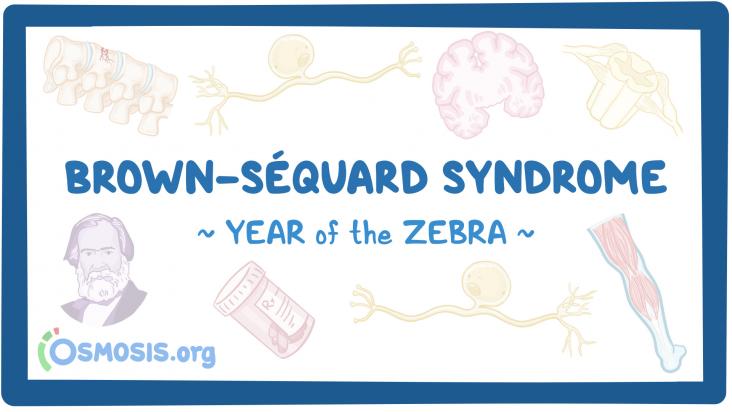
This article relates to SDG 3. This resource, created together by Osmosis and the National Organization for Rare Diseases (NORD), aims to increase the knowledge and awareness about Rare Disease Education: Brown-Sequard Syndrome
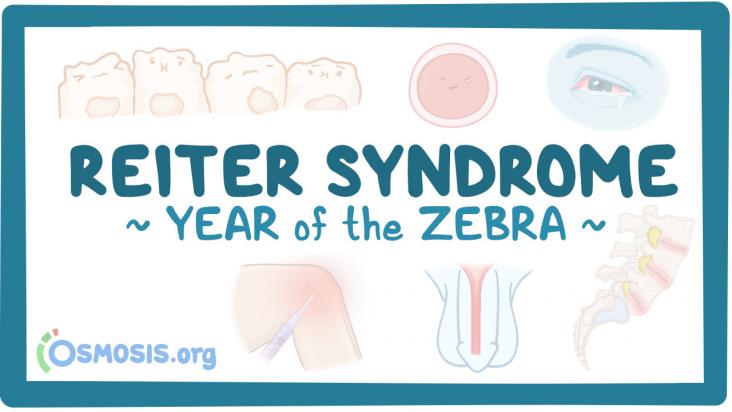
This article relates to SDG 3. This resource, created together by Osmosis and the National Organization for Rare Diseases (NORD), aims to increase the knowledge and awareness about Rare Disease Education: Reiter Syndrome
Background: Gender-based disparities in health-care are common and can affect access to care.
